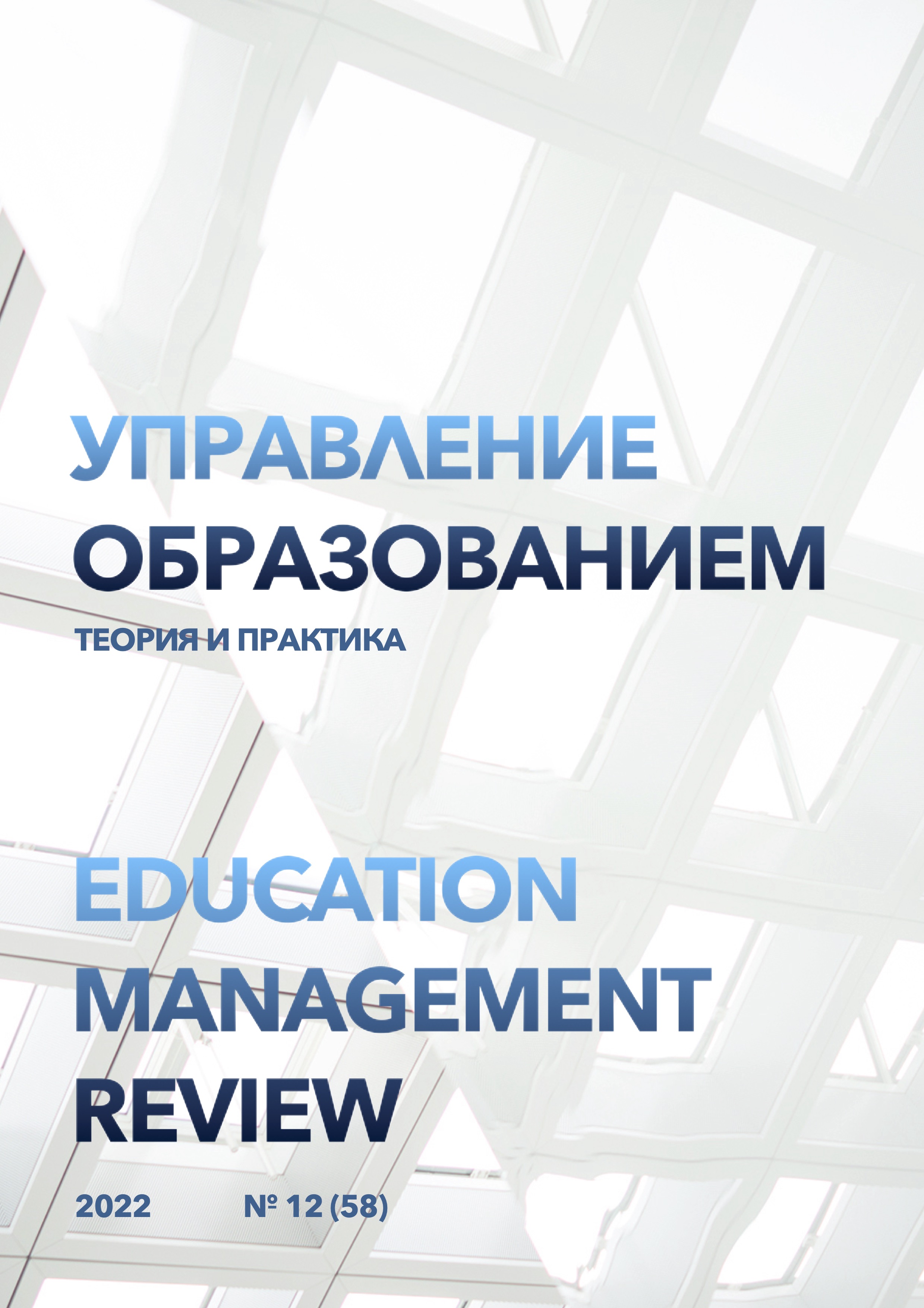The study of borrowed vocabulary in the lessons of the Chechen language in the secondary school
DOI:
https://doi.org/10.25726/n7359-5221-1285-wKeywords:
borrowings, borrowed words, foreign vocabulary, foreign lexical sentences, lexical-semantic processes, interaction of languages, language contactsAbstract
The article is devoted to the study of the Chechen language in the classroom of the English-language borrowed vocabulary. Borrowing is an organic component of every modern developed language, a significant replenishment of them is observed in the Chechen language. Linguistic scholars, prominent public figures, writers have different attitudes towards foreign borrowings in the context of the current linguistic situation in Russia. Basically, there is a positive attitude towards borrowings in general, especially now in connection with the restructuring of our entire socio-economic system, only if it is expedient to include them in the language, in other cases, scientists are trying to clear the Chechen language of inappropriate borrowed lexical material. Presentation of the main material. The constant development and enrichment of the vocabulary of the language is especially activated during the period of fundamental changes taking place in the state. Today, the Chechen language is entering new areas of modern communication. The state status of the language, first of all, influenced the expansion and activation of the lexical-semantic system of the Chechen, which has undergone changes in the socio-political, economic, scientific, technical, cultural life of society. The questions of the modern Chechen literary language acquire new accents, since there was a turning point in mass consciousness and a reassessment of values, in particular, an increase in the social prestige of the Chechen language, which in turn contributed to the expansion of its communicative functions and updated new trends in speech development.
References
Архипенко Л.М. Иноязычные лексические заимствования в чеченском языке: этапы и степени адаптации (на материале англицизмов в печати конца XX – начала XXI вв.): дис. кол. филол. Н.: 10.02.01 «Українська мова». Харьков. 2005. 314 с.
Балли Ш. Общая лингвистика и вопросы французского языка. М.: Иностранная литература, 1955. 416 с.
Грот Я.К. Учебник русского языка. Москва, 1849. Сек. 194-204.
Даль В. Толковый словарь живого великорусского языка (1863-1866): в 4-х т. М.: Рус. яз.,1989–1991. Т. 1-4 с.
Исраилова Л.Ю. Английская лексика в чеченском языке (заимствование и освоение): монография. Грозный: Изд-во Чеченского гос. ун-та, 2013. 197с.
Крысин Л.П. Иноязычные слова в современном русском языке. М., 1968. 209 с.
Крысин Л.П. Иноязычное слово в контексте современной общественной жизни. Русский язык конца ХХ столетия (1985-1995). М., 1996. 142-161 с.
Леонтьев А.А. Иноязычные вкрапления в русскую речь // Вопросы культуры речи. 1966. № 7. С. 60-68.
Овхадов М.Р. Основные слои заимствованной лексики в чеченском языке. Успехи современной науки. 2017. Т. 2. № 1. С. 60-65.
Огиенко И.И. Иноязычные элементы в русском языке. Киев, 1915. 186 с.
Рахманова Л.И., Суздальцева В.Н. Современный русский язык. Лексика. Фразеология. Морфология. Учебное пособие. М., 1997. 480 с.
Реформатский А.А. Введение в языкознание. М., 2001. 536 с.
Щерба Л.В. Безграмотность и ее причины. Избранные работы по русскому языку. М., 1957. С. 56-62.




